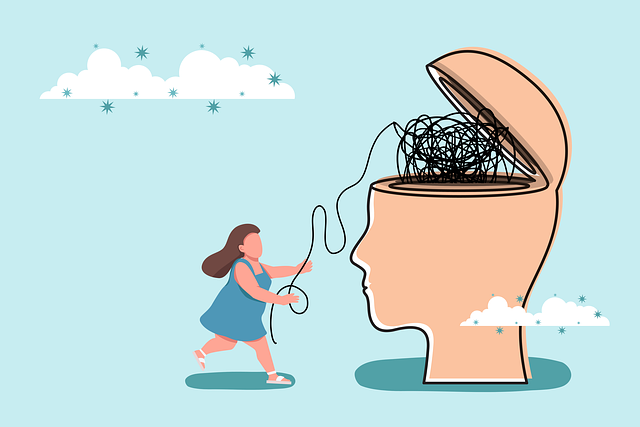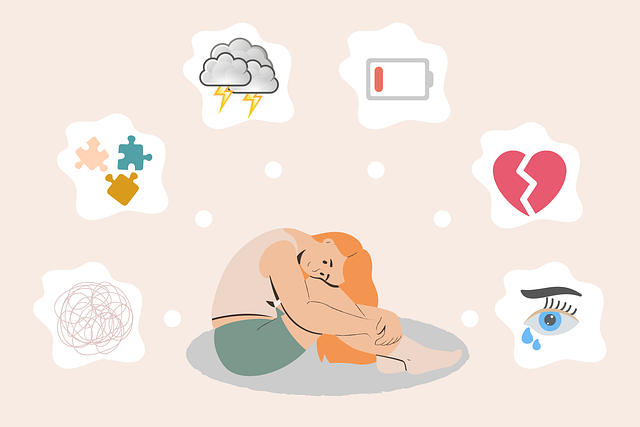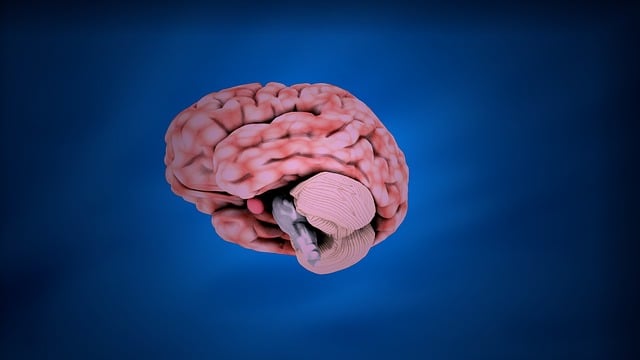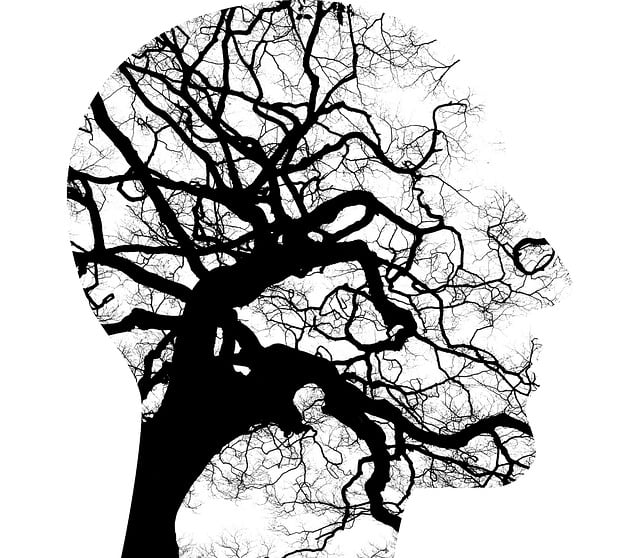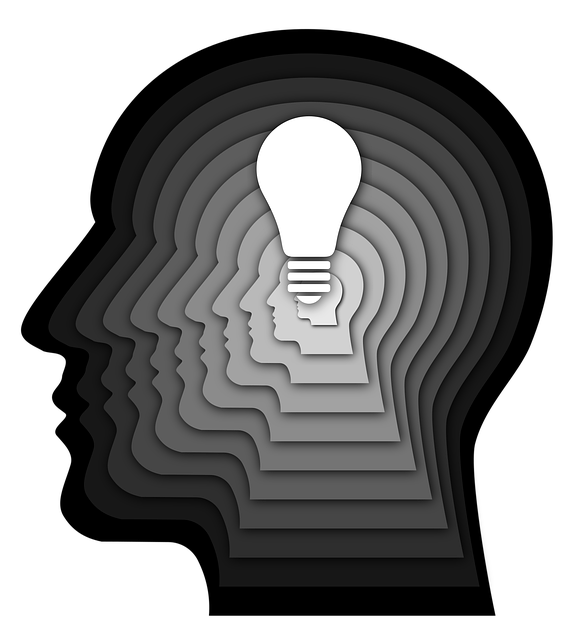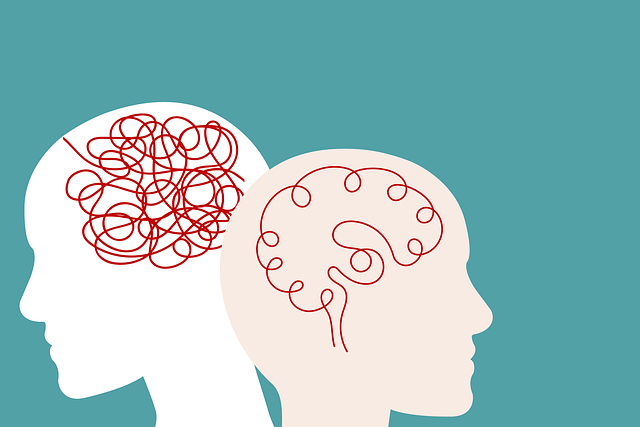Lone Tree Gender Identity Therapy provides a comprehensive approach to managing stress related to gender identity issues, combining mindfulness meditation, physical activity, and a soothing home environment to improve mental health. Their unique focus on the LGBTQ+ community helps clients overcome internalized discrimination, foster self-acceptance, and promote positive thinking, contributing to broader Mental Health Policy Advocacy. By integrating these holistic strategies, individuals gain resilience against stress, enhance overall well-being, and cultivate a supportive living space for emotional processing.
Stress reduction methods are essential for maintaining mental health, especially in today’s fast-paced world. This comprehensive guide explores various techniques to mitigate stress and promote well-being. We delve into understanding stress, its impact on mental health, and evidence-based practices like Lone Tree Gender Identity Therapy, mindfulness, physical activity, and creating calming home environments. By implementing these strategies, you can navigate life’s challenges with resilience and find your inner peace.
- Understanding Stress and Its Impact on Mental Health
- The Role of Lone Tree Gender Identity Therapy in Stress Reduction
- Mindfulness Techniques for Daily Stress Management
- Physical Activity and Its Powerful Effect on Stress Levels
- Creating a Calming Environment at Home: A Relaxation Sanctuary
Understanding Stress and Its Impact on Mental Health

Stress is a natural response to various life challenges, but chronic or prolonged stress can significantly impact mental health. It’s essential to recognize that stress isn’t always negative; acute stress can motivate us to take action and prepare for potential dangers. However, when stress becomes persistent, it can lead to a range of issues such as anxiety, depression, and even physical ailments. This is where Lone Tree Gender Identity Therapy comes into play, offering specialized support for individuals navigating gender identity-related stressors.
Understanding the root causes of stress is the first step towards effective management. Coping Skills Development techniques like Mindfulness Meditation can help individuals cultivate a sense of calm and enhance Mood Management abilities. By learning to recognize and regulate emotional responses, one can better navigate stressful situations. Lone Tree Gender Identity Therapy encourages clients to explore these coping mechanisms, providing tools to address stress-related challenges holistically while fostering a deeper connection with oneself.
The Role of Lone Tree Gender Identity Therapy in Stress Reduction

Lone Tree Gender Identity Therapy offers a unique approach to stress reduction by addressing the intricate relationship between mental health and identity. Many individuals struggle with stress as a result of internalized societal pressures and discrimination, particularly those who identify as part of the LGBTQ+ community. The therapy provides a safe space for exploration and healing, focusing on gender identity issues that often contribute to anxiety and depression. By fostering an environment free from stigma, it encourages clients to confront and overcome the mental illness stigma reduction efforts they may have faced.
This form of therapy promotes positive thinking and self-acceptance, empowering individuals to navigate life’s challenges with resilience. Lone Tree Gender Identity Therapy goes beyond mere stress management; it advocates for a holistic understanding of mental health, emphasizing the connection between personal identity, emotional well-being, and overall life satisfaction. Through its dedicated approach, it contributes to a broader Mental Health Policy Analysis and Advocacy, aiming to create a more inclusive society that supports the mental wellness of all individuals.
Mindfulness Techniques for Daily Stress Management

Mindfulness techniques have emerged as powerful tools for managing daily stress, offering a peaceful sanctuary from the constant demands and pressures of modern life. These practices, often incorporated into Lone Tree Gender Identity Therapy sessions, encourage individuals to focus on the present moment, cultivating a deeper sense of awareness and calm. By training their minds to observe thoughts and emotions without judgment, individuals can develop resilience against stress and enhance overall well-being.
Healthcare Provider Cultural Competency Training emphasizes the importance of mindfulness in burnout prevention. Compassion cultivation practices, another facet of this ancient art, encourage empathy and understanding, which are crucial for maintaining healthy relationships and effective communication. Integrating mindfulness into daily routines can transform even the busiest days into moments of tranquility, ensuring individuals approach challenges with clarity and composure.
Physical Activity and Its Powerful Effect on Stress Levels

Incorporating regular physical activity into your routine is a powerful and often underutilized method for stress reduction. When you engage in exercises like jogging, yoga, or even a brisk walk amidst nature, your body releases endorphins, which are natural mood elevators that combat stress hormones. This physiological response isn’t just about feeling better; it also strengthens your immune system, improves sleep quality, and boosts overall well-being—all of which contribute to a calmer mind.
Lone Tree Gender Identity Therapy can provide an additional layer of support for individuals navigating stress related to their gender identity. By combining physical activity with therapy, folks can employ conflict resolution techniques to manage stressors and cultivate positive thinking, thereby enhancing self-esteem and overall resilience. It’s a holistic approach that empowers individuals to take charge of their mental health through movement and professional guidance.
Creating a Calming Environment at Home: A Relaxation Sanctuary

Creating a Calming Environment at Home is an essential step in managing stress and promoting mental wellness. This can be especially beneficial for individuals seeking support through Lone Tree Gender Identity Therapy or other forms of gender-affirming care, as it provides a safe and soothing space to process emotions and transition between different aspects of life. By incorporating elements such as natural light, comfortable furniture, and calming scents, you can transform your home into a relaxation sanctuary. Plants, soft lighting, and warm colors are known to reduce anxiety and create a peaceful atmosphere, making it easier to unwind after a long day.
Designing your living space with stress management in mind is an investment in burnout prevention. It allows for better self-care practices and can enhance overall mental wellness. Consider adding elements like a cozy reading nook, soothing music, or even a small meditation area. These simple changes can help you practice mindfulness, reduce the impact of daily stressors, and create a calming environment that supports your mental health journey, whether through Lone Tree Gender Identity Therapy or other personal growth initiatives.
Stress reduction is a multifaceted journey, and by incorporating techniques like Lone Tree Gender Identity Therapy, mindfulness, physical activity, and a calming home environment, individuals can effectively manage their mental health. Each method offers unique benefits, from exploring one’s identity to engaging in regular movement, all contributing to overall well-being. By adopting these strategies, folks can navigate life’s challenges with resilience and create a sense of tranquility within their daily routines.

